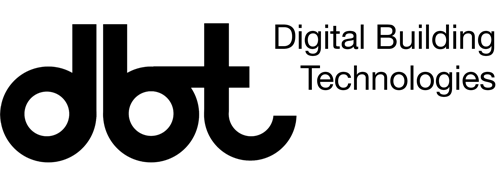Electrical Skin at Seoul Biennale of Architecture and Urbanism 2017

IMMINENT COMMONS
In an age of environmental decay and unprecedented wealth inequality, the cities of the world gather in Seoul to explore the urban parliaments where the politics of resources and technologies is enacted. The Seoul Biennale of Architecture and Urbanism 2017 is an experimental platform for an imminent urbanism that goes beyond human-centered function, ownership, and consumption to a commons of resources, technologies, and production.
The cities of the world stand at a crossroads. Amidst radical social, economic, and technological transformations, will the city become a driving force of creativity and sustainability or will it be a mechanism of inequality and environmental decay? Cities are not only the drivers of social change but are now modifying ecosystems, geological structures, and even the climate. For the first time in history, the crucial questions of the city — climate change, biodiversity, air pollution, food security, automation, unemployment and inequality— are driven by concerns beyond human control and threaten the very survival of the planet.
The principles of modern urbanism —the mass integration of production, employment, and consumption; the separation of work, dwelling, leisure, and transportation; the division between the natural and the artificial— are no longer effective at addressing the urgent questions of today’s cities. The traditional urban elements of buildings, streets, and neighborhoods must be reassessed within the emerging human and non-human urban constituencies.
NINE COMMONS
The inaugural Seoul Biennale of Architecture and Urbanism proposes nine essential commons as a viable path towards a sustainable and just urbanism. Emerging from both ecological and technological concerns, this framework foregrounds an exploration not of distant utopias but of the very near future. In other words, these emerging commons are already changing the way we live in cities. Whether met with fear or hope, they will very soon change the way we live in the city. The Seoul Biennale provides a platform for an international array of participants – politicians, policy makers, experts, and citizens at large – presenting global research and engaging with local conditions.
Four Ecology Commons: Air, Water, Fire, Earth
Five Technology Commons: Making, Moving, Communicating, Sensing, Recycling
LIVE, URBAN COMMONS SEOUL
Seoul is a grand laboratory for the imminent commons. Since its foundation more than 600 hundred years ago, Seoul has been a dynamic site of the commons, where politics and economy intertwined with the design of wind and water. It is a metropolis that maintains the spirit, methods, productivity, and spaces of the commons. In 2012, embarking on new policies of horizontal governance, sustainability, community based design, and economic equality, the Seoul Metropolitan Government proclaimed its vision as a City of Commons. Breaking open the gallery walls, the Seoul Biennale activates an urban constellation of urban sites, and citizen activity towards three live projects: Production City, Urban Foodshed, and Walking the Commons. LINK
“Electrical Skin” is a commission by Production City, Seoul Biennale of Architecture and Urbanism 2017, curated by Yerin Kang (Society of Architecture) and Prof. Dr. Jie-Eun Hwang (University of Seoul).
